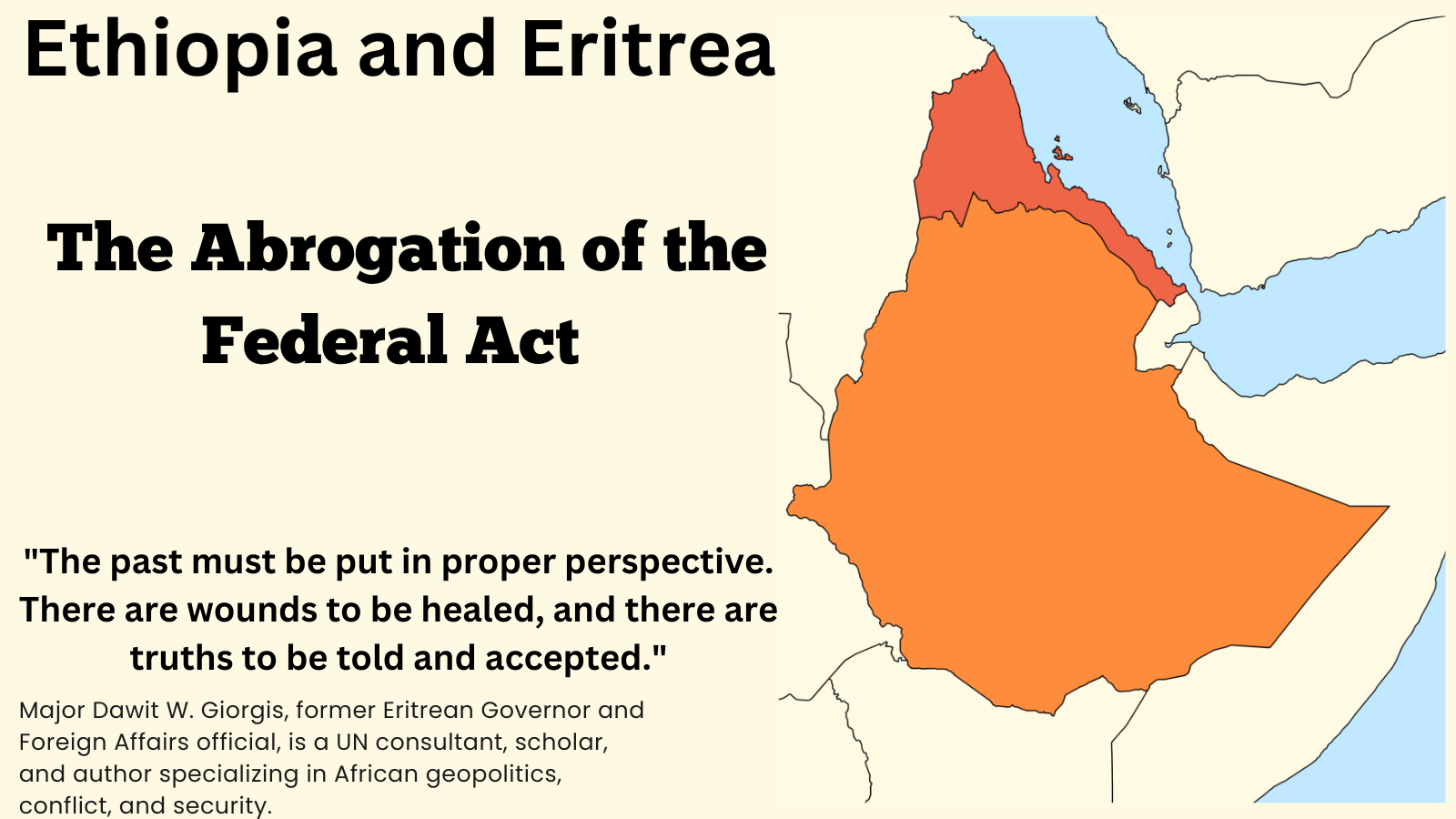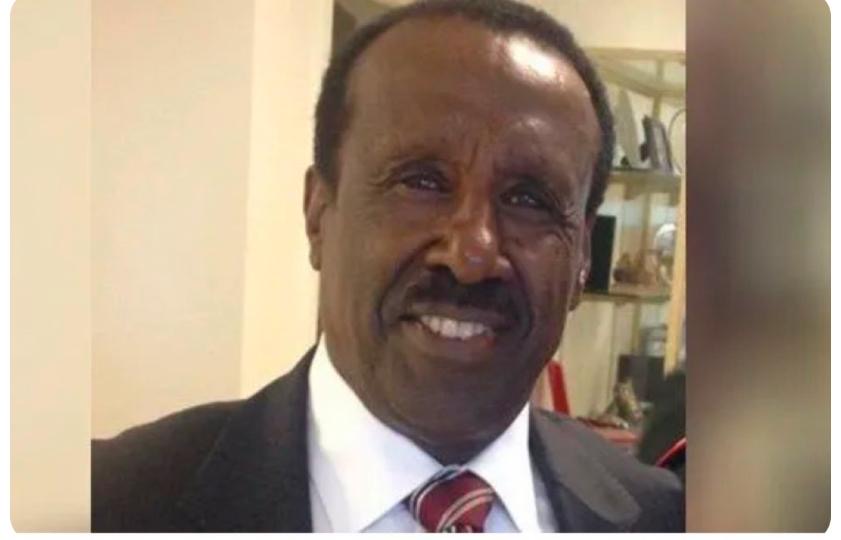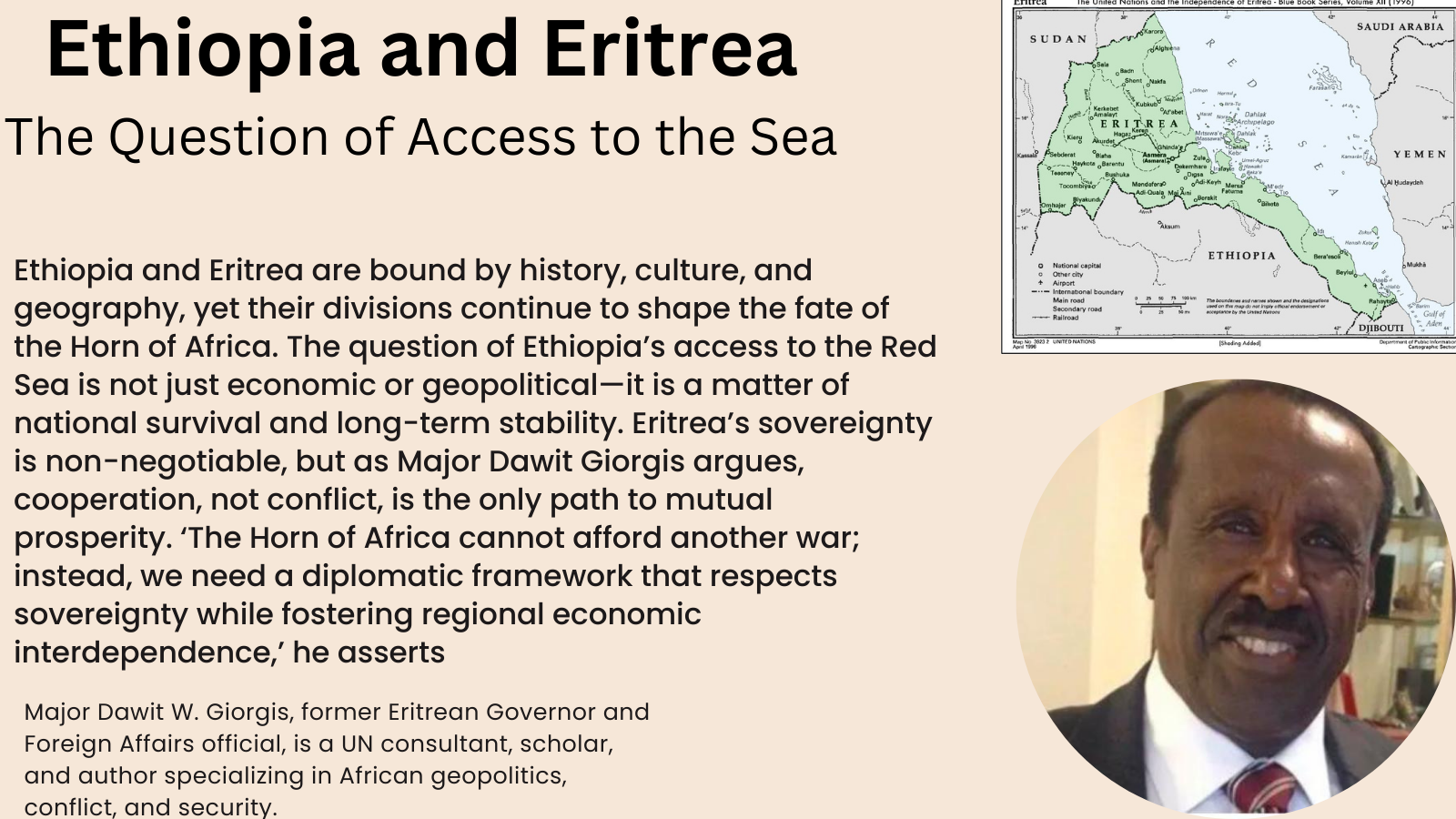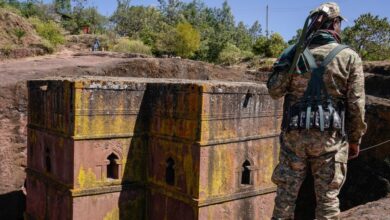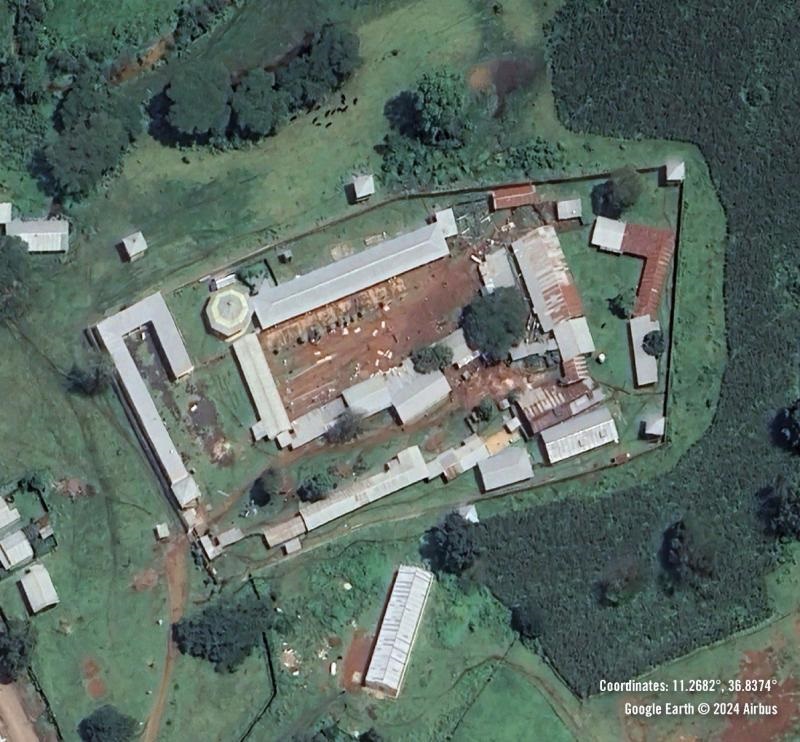UN Chief Urges Halt to Arms Flow as Sudan War Deepens
UN chief urges halt to arms flow into Sudan as AU summit highlights humanitarian crisis.

Addis Ababa— United Nations Secretary-General Antonio Guterres has called for an immediate cessation of arms shipments to Sudan, warning that the conflict has triggered an unprecedented humanitarian catastrophe. His remarks came during a high-level meeting on the sidelines of the African Union (AU) summit in Addis Ababa, where regional and international leaders gathered to discuss the worsening crisis.
“Civilians must be protected, safe humanitarian access must be facilitated, and the flow of weapons must stop,” Guterres said, highlighting the dire consequences of the war that has raged since April 2023. The conflict has killed tens of thousands and displaced over 12 million people, making it one of the worst humanitarian disasters in Africa’s recent history.
AU Chairperson Moussa Faki echoed these concerns, describing the war as “the moral failure of our time” and urging all factions to implement an immediate and permanent ceasefire. The AU, alongside regional bodies like IGAD, has struggled to mediate an end to the hostilities between the Sudanese Armed Forces (SAF) and the paramilitary Rapid Support Forces (RSF), whose clashes have devastated Sudan’s economy and infrastructure.
UAE Pushes for Humanitarian Pause Amid Accusations
The United Arab Emirates (UAE), accused of providing military support to the RSF—a charge it denies—proposed a temporary humanitarian truce during the upcoming Muslim holy month of Ramadan. Reem al-Hashimy, the UAE’s Minister of State for International Cooperation, stated in Addis Ababa that the war “has gone on for too long, cost too many lives, and brought about immense suffering.”
She announced that the UAE would pledge an additional $200 million in humanitarian assistance to Sudan, emphasizing the urgent need to deliver aid to vulnerable populations, particularly women and children. However, the UAE remains under scrutiny, with U.S. lawmakers recently accusing it of violating commitments to cease military support for the RSF.
Regional and Global Players Entangled in Sudan Conflict
Beyond the UAE, multiple foreign powers, including Egypt, Turkey, Iran, and Russia, have been accused of backing different sides in Sudan’s war, further complicating peace efforts. The Sudanese army retains control over the east and north of the country, while the RSF dominates much of the embattled Darfur region.
The humanitarian toll continues to mount. The UN has accused the RSF of obstructing aid access in Darfur, where ethnic violence and famine-like conditions are worsening. On Tuesday, the African Union described the situation as “the worst humanitarian crisis in the world,” with more than 431,000 children treated for malnutrition last year alone.
High-Level Humanitarian Conference Pledges Aid to Sudan
The United Arab Emirates (UAE) announced a $200 million aid package to support the Sudanese people during a high-level humanitarian conference in Addis Ababa, Ethiopia.
The conference, organized by the UAE in collaboration with the African Union, the Intergovernmental Authority on Development (IGAD), and Ethiopia, will be taking place on the sidelines of the 38th African Union Summit, which will be held on Saturday and Sunday.
The UAE’s contribution responds to the devastating civil war in Sudan, which has ravaged the country since April 2023. The brutal conflict between the paramilitary Rapid Support Forces (RSF) and Sudan’s military has claimed tens of thousands of lives and displaced more than 12 million people. The UAE’s announcement aims to draw global attention to the crisis and encourage a coordinated effort to provide critical support to the Sudanese population.
In Addis Ababa, Ethiopia, a High-Level Humanitarian Conference focused on Sudan concluded with significant aid commitments. President William Ruto of Kenya announced a pledge of Ksh258 million, while Ethiopia contributed $15 million. The UAE pledged $200 million, emphasizing their commitment to alleviate Sudan’s humanitarian crisis amidst criticisms from some quarters about potential underlying geopolitical motives.
Despite ongoing international diplomatic efforts, including pressure from the AU, UN, and Western governments, Sudan’s warring generals remain locked in a power struggle, raising fears of prolonged suffering and further destabilization of the region.
As leaders convene in Addis Ababa, the key question remains: will the world act decisively to stop the flow of arms and force a political resolution to Sudan’s deepening crisis?
